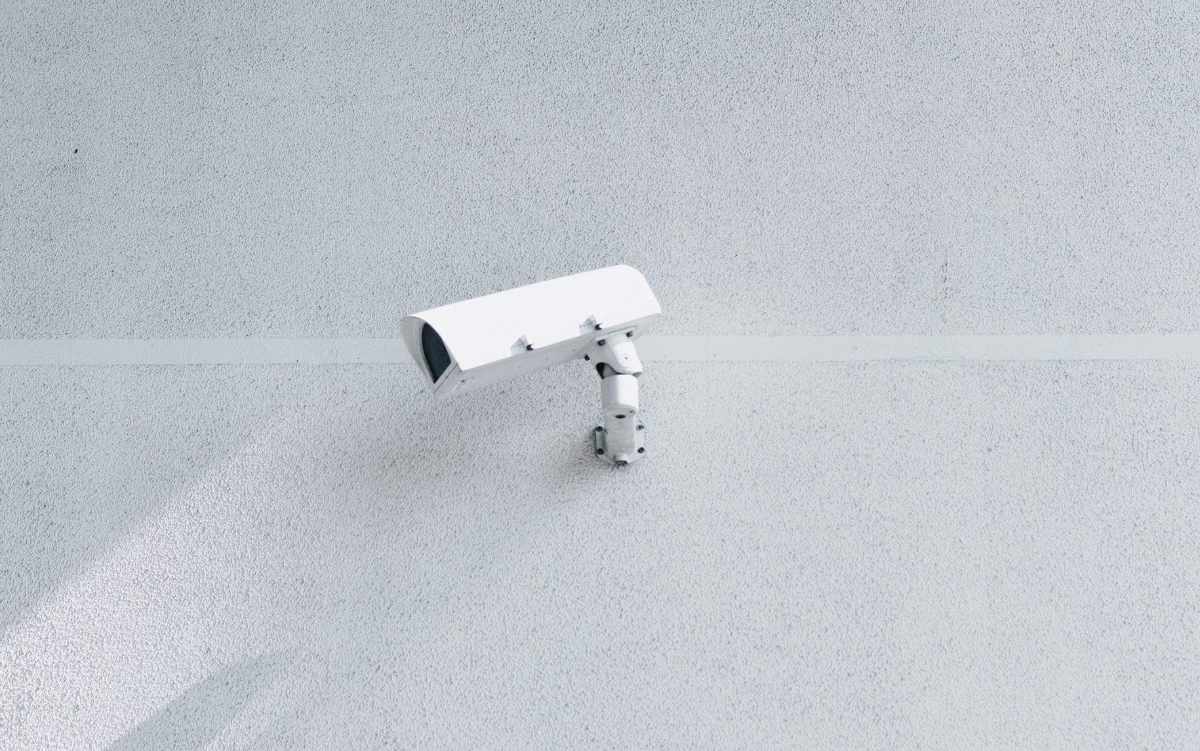There are different types of wireless CCTV systems, each with their own special features, pros & cons. Choosing the right system can be difficult, and usually, for the vast majority of use-cases, we tend to recommend a fully wired CCTV installation. However for those in the dark about the options that are presented when it comes to the Wireless options, please read on..
Analogue Wireless CCTV
Analogue CCTV equipment relies on a continuous wireless signal, with no interference. This can be difficult to achieve in areas with high usage / bandwidth such as business centres or business parks.
As quality relies on the shape of the signal received from the camera, the quality, definition and other image detail can vary massively. Anything that interferes with the signal shape can distort the picture, which for some applications becomes a serious issue. It is also possible that you are presented with situations when the signal is blocked completely, and no picture is received or recorded whatsoever. This tends to make this kind of implementation a non-starter for the majority of businesses who take their security seriously.
Furthermore analogue CCTV transmission can also bring security issues. Receivers can be maliciously or unwittingly tuned to the appropriate frequency, which means the signals from your cameras are diverted away.
Digital Wireless CCTV
The shape of digital CCTV signals is not as crucial and it can’t be easily blocked. In fact, digital signals can only really be altered by switching the equipment on or off.
As digital – or Wi-Fi – signal transmission can be easily encrypted, it also has far greater security potential. Only equipment with the corresponding security key can be used to receive the imagery from the camera.
Encryption for any wireless system is absolutely critical. Without encryption any Wireless system, the security of the data is only as good as the security of the WiFi itself. In theory, attackers can perform man-in-the-middle attacks and other advanced attack vectors by intercepting the data-packets using specialist equipment to disrupt your system or manipulate the data recorded or shown.
Wireless potentially costs less
One of the biggest “pros” for installing wireless CCTV (analogue or digital) may surprise many people – cost. Modern wireless equipment is highly affordable, and installation can be quick and relatively inexpensive and can usually piggy-back onto an existing wireless network.
Hard wiring CCTV equipment into your home and business can be costly, but the expense is certainly off-set against the advantages offered. However for domestic or home users, wireless systems are quick and cost-effective to install. This is particularly true if structural modifications are required. Wiring can also be unsightly, especially when the CCTV is for domestic use.
For the large majority of business users, the additional cost of hardwiring CCTV equipment is absolutely worth it, and in usually as seen as the only viable way to implement a reliable CCTV system as it ensures a stable, physical connection between the cameras and your receiver and would take considerably far greater effort for any would-be attackers to interfere.
Wireless IP CCTV
There is another form of wireless security technology, which is Internet Protocol CCTV – often the system of choice for anyone who needs “real-time” transmission.
This system uses cameras that send the images in the form of data, over the internet, to pre-coded receiving equipment such as laptops.
The benefit of this form of wireless CCTV is it’s highly secure. It can also be used to receive and analyse imagery from remote locations. In fact, you could set up a number of wireless IP cameras at one location, which can be controlled and watched from somewhere a considerable distance away.
The disadvantages of this system is that it tends to be costly, and installation is highly specialist and complex.
Flexibility of wireless CCTV
Wireless technology is often easier to re position as well as install, when compared to hardwired CCTV equipment. This offers greater flexibility and adaptability.
Whatever type of CCTV you decide on, find a company with the experience and expertise to design and install a system that matches your requirements and property.

